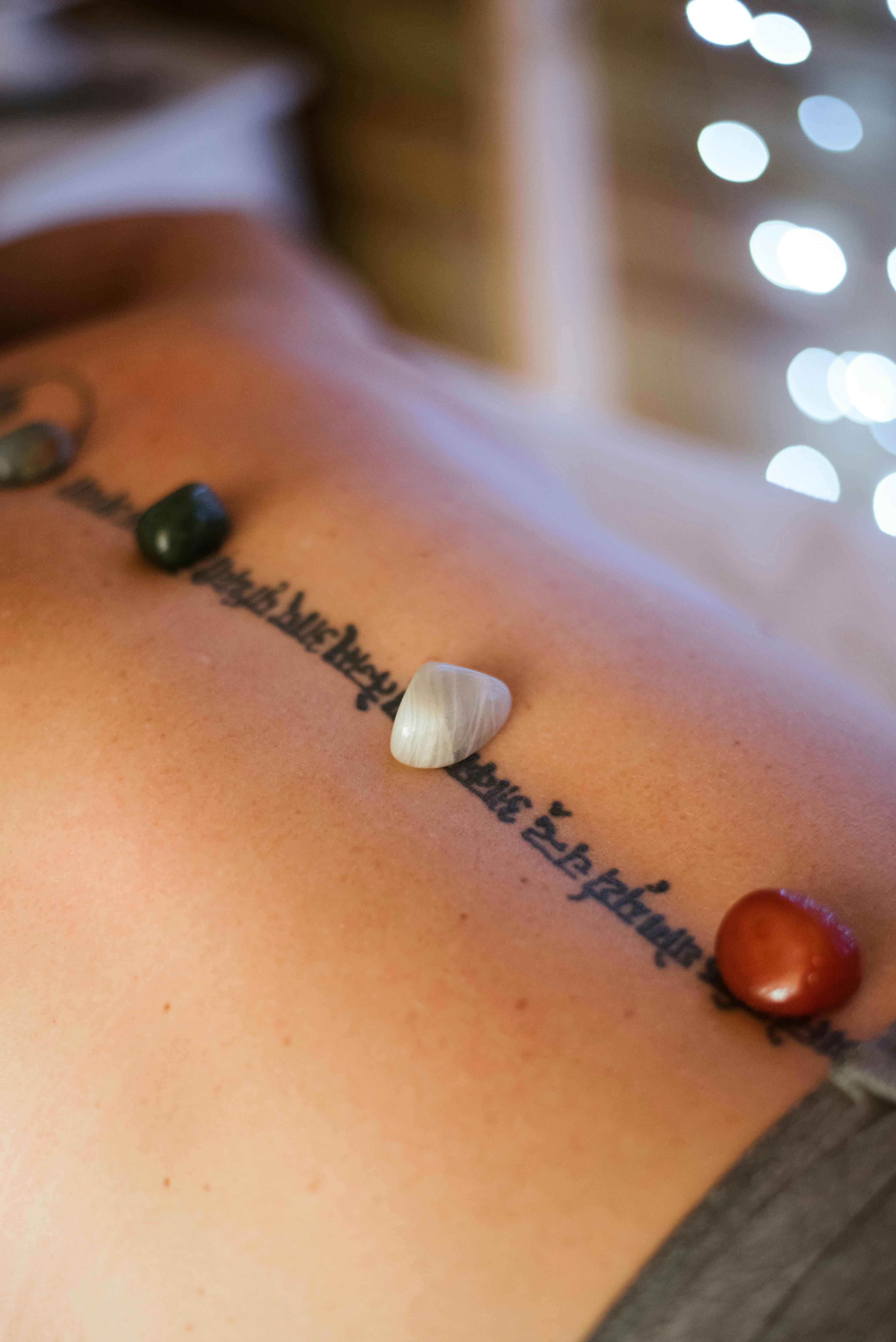Comprehensive Guide to Postpartum Recovery After a C-Section: Tips and Advice from Expert Midwives

As per expert midwives’ advice, navigating your path to recovery following a C-section isn't a one-size-fits-all route. This major operation, also known as a cesarean section, involves making an incision in the abdomen to deliver the baby and requires detailed post-operative care. An effective recovery regime plays a critical role in how well and quickly new mothers regain strength post-birth. This comprehensive guide aims to aid your postpartum recovery after a cesarean section by offering expert advice and helpful tips.
Understanding the Healing Process After a C-Section
Resilience and understanding are key when proceeding through the recovery journey after a C-section. Physical healing following a cesarean procedure embarks on a path that gradually brings the body back to its pre-pregnancy state. The wound healing process commences immediately post-surgery but can typically take six weeks for complete healing. During this course, your body will undergo significant changes. Stay in tune with your body and consult your healthcare professional for consistent postnatal check-ups.
Post-Surgery Care
First and foremost, post-surgery care includes managing pain, the practicalities of getting out of bed, and caring for your wound. According to leading midwives, acute postoperative pain isn't uncommon, but thankfully, it can be thoroughly managed with prescribed analgesics.
Advisory caution when getting out of bed again: avoid getting up too quickly, as it's essential to protect your wound while it heals. Always turn onto your side, push yourself up slowly using your hands, and swing your legs out of the bed in a sequential order. Remember not to lift anything heavier than your baby for a period of up to six weeks.
Wound care equals dedicated and regular hygiene checks, ensuring it's clean and dry - any signs of infection should be immediately reported to your healthcare provider.
Mobility and Physical Activity
While the act of resting is essential, initiating early gentle movement is advised for venous circulation and bowel activity. Don't shy away from seeking help when straining for a bowel movement to prevent any pressure on your wound. Regular and small movements can gradually advance to light exercises, such as gentle pelvic floor exercises and walking. Keep in mind, all physical activities should be eased into and be under the specialist's guidance.
Nutrition in the Healing Process
Your body needs high-quality fuels to recuperate efficiently. Proper nutrition comprising protein-rich foods, fruits, vegetables, and plenty of water is essential in enhancing the healing process. Gradually aim to wean off caffeine through the transition period as it might cause irritability and interrupted sleep. Expert midwives suggest hydration as crucial, especially for breastfeeding moms who need additional water intake.
Self-Care after a C-Section
Underlining self-care in your map to recovery is crucial. Caring for a new baby takes up significant energy, making it necessary to garner ample rest when the baby sleeps. Furthermore, coordinate with your partner or a friend to take over some baby-caring tasks to allow you to take breaks.
Another vital aspect of self-care is emotional wellness. Experiencing a mixed bag of emotions post-childbirth is normal. Therefore, expressing emotions and sharing feelings with your partner, family or friends can be therapeutic and beneficial for your overall mental health.
Conclusion
While every woman's experience during and after a C-section varies, being equipped with knowledge and understanding about the aftermath can significantly ease the journey. This comprehensive guide to postpartum recovery after C-section offers essential advice and tips from leading midwives to make the process smooth and less daunting. It’s a beautiful twist in the road to motherhood and assuring a complete recovery is crucial for both you and your baby. With patience, resilience, and proper self-care, your journey to recovery will be comfortable, manageable, and effective.





